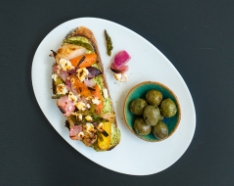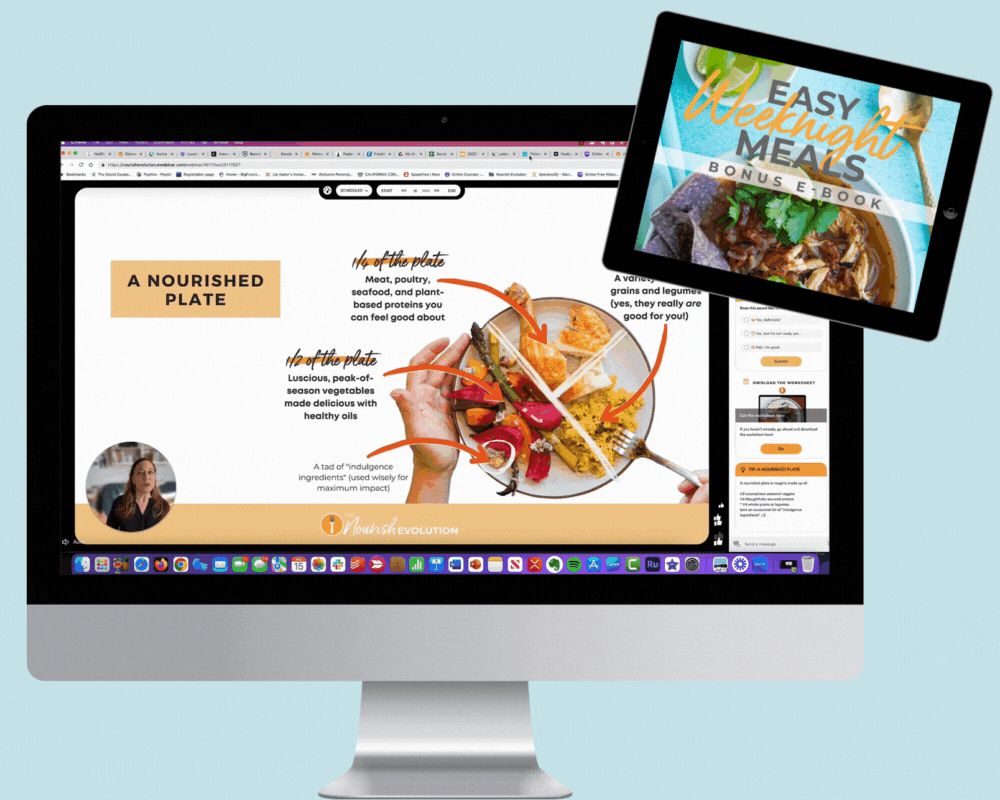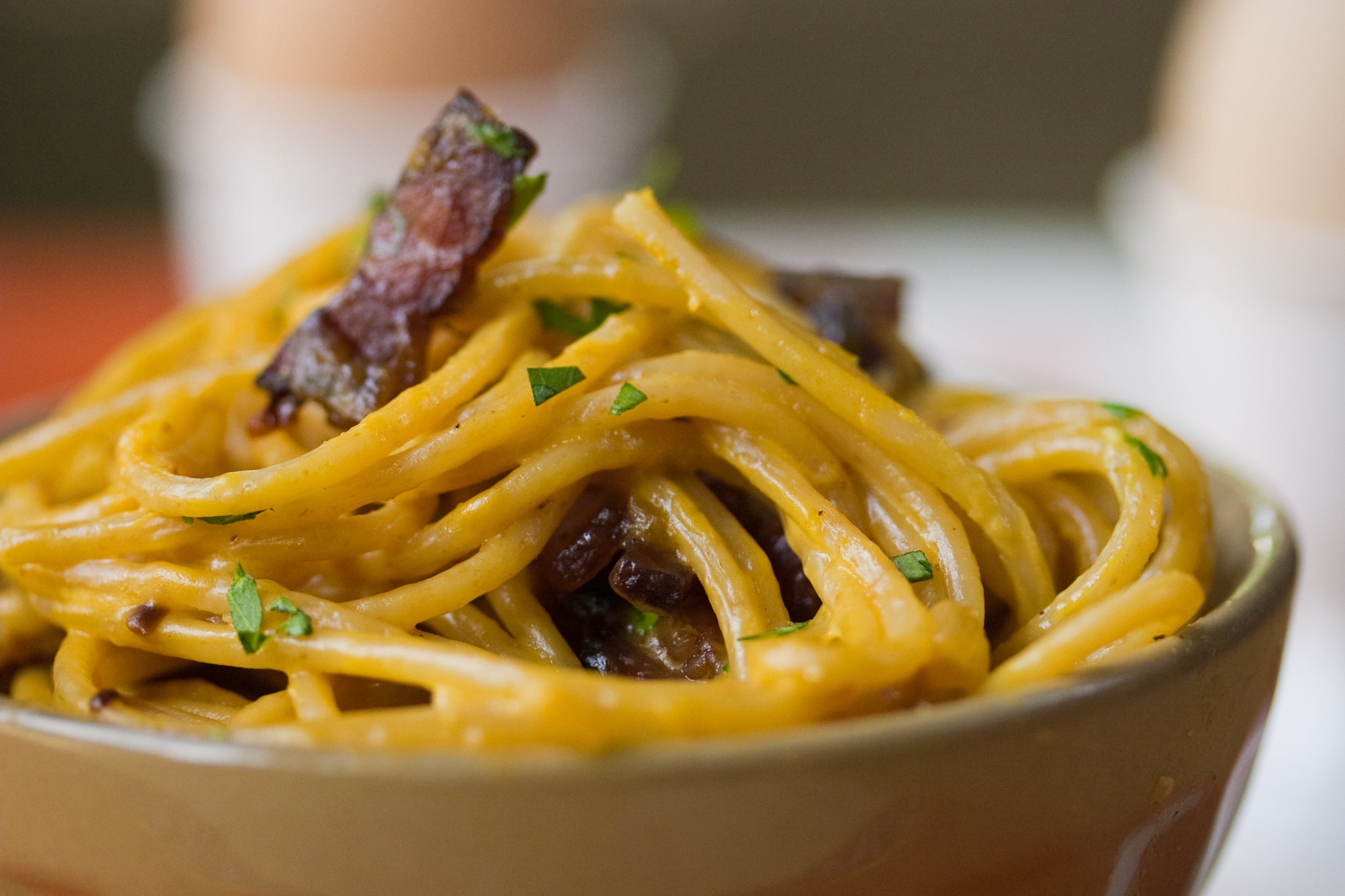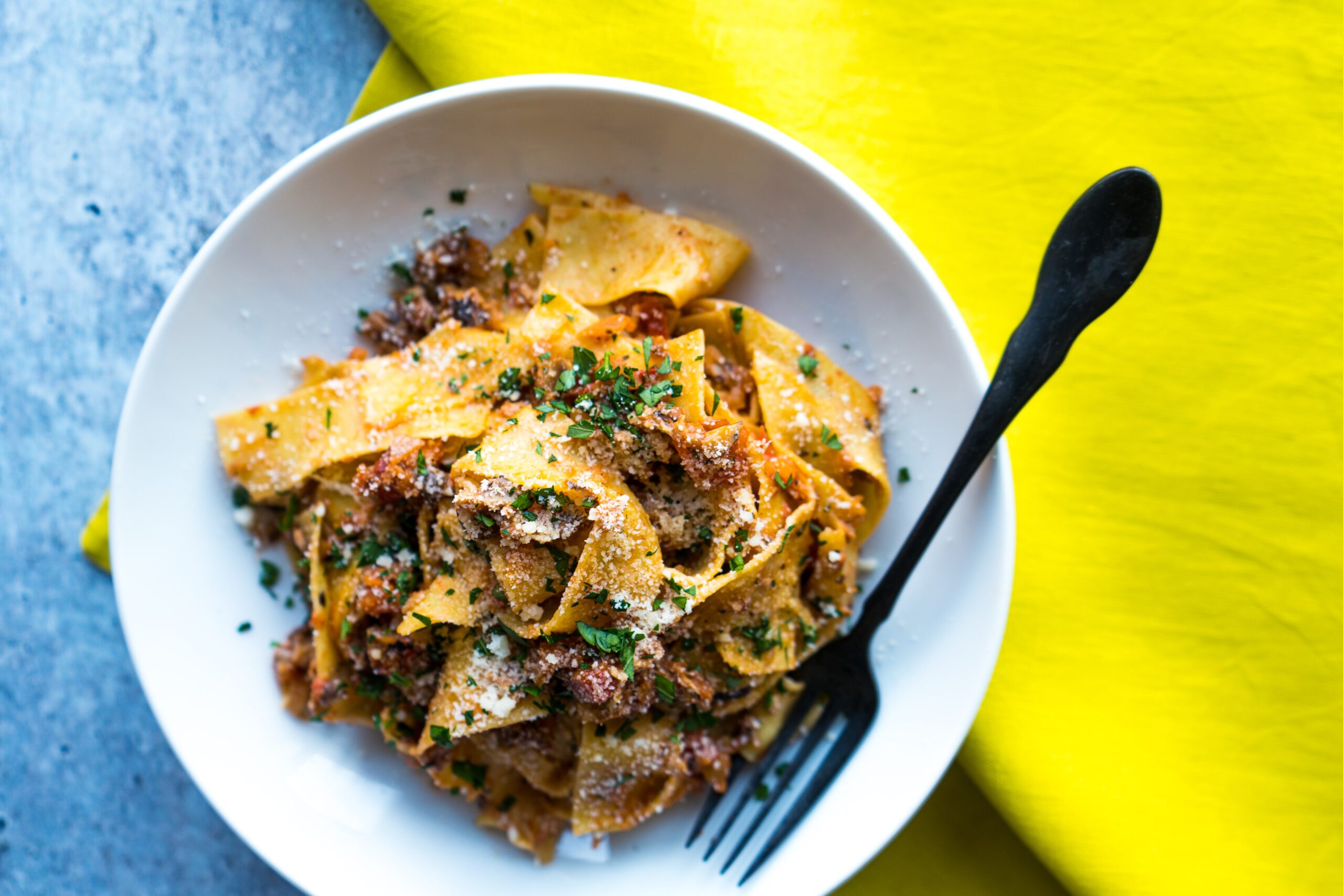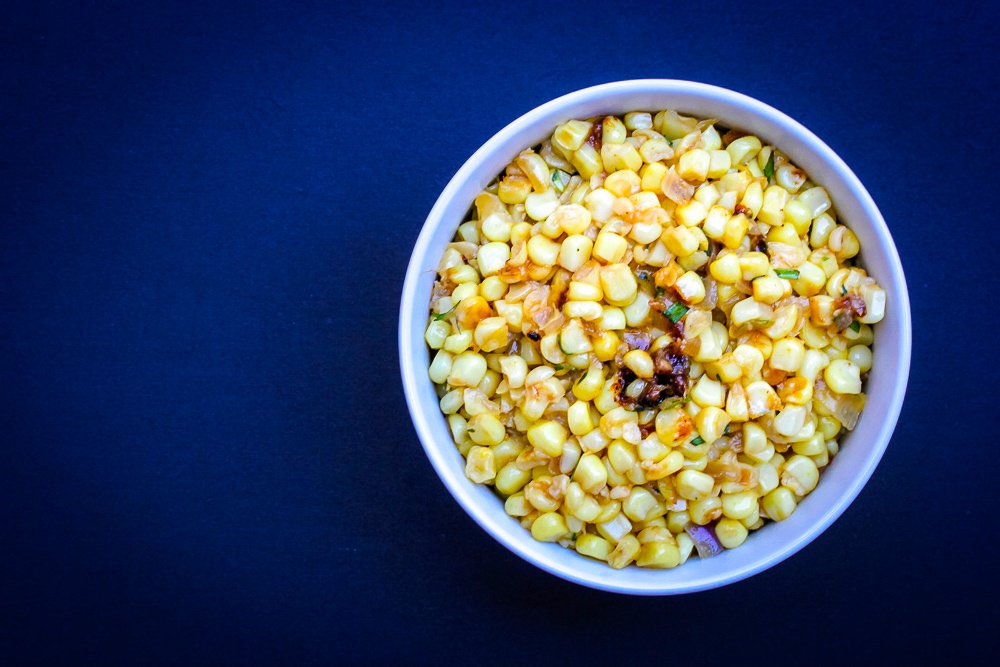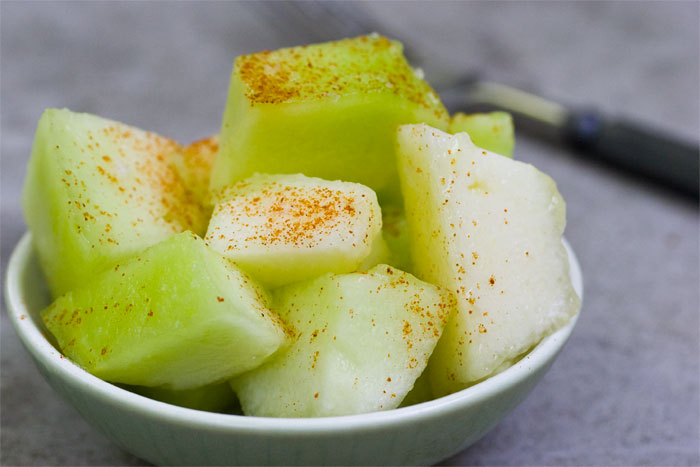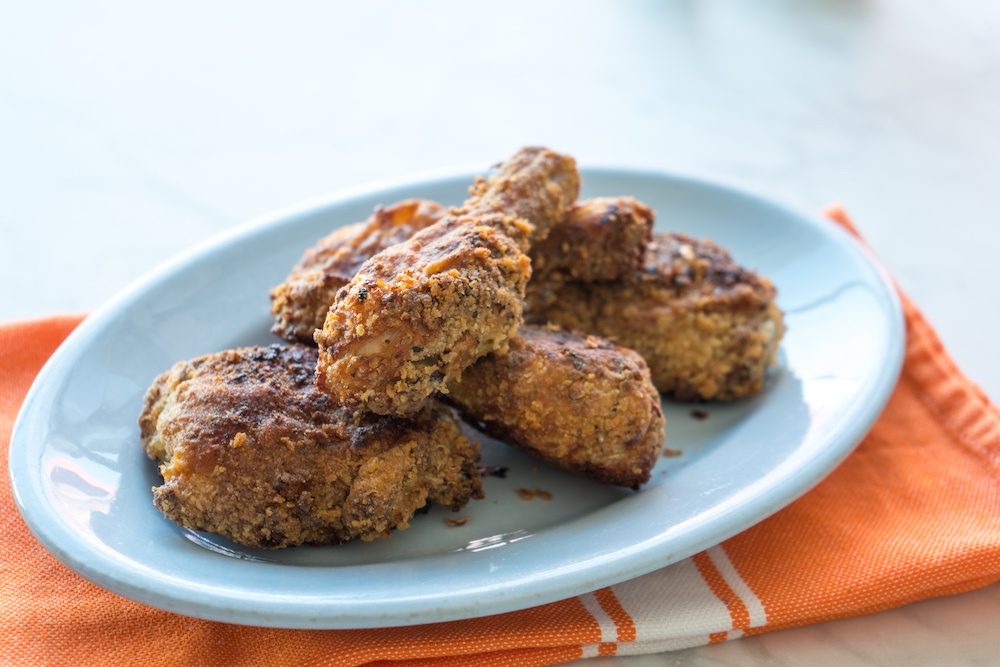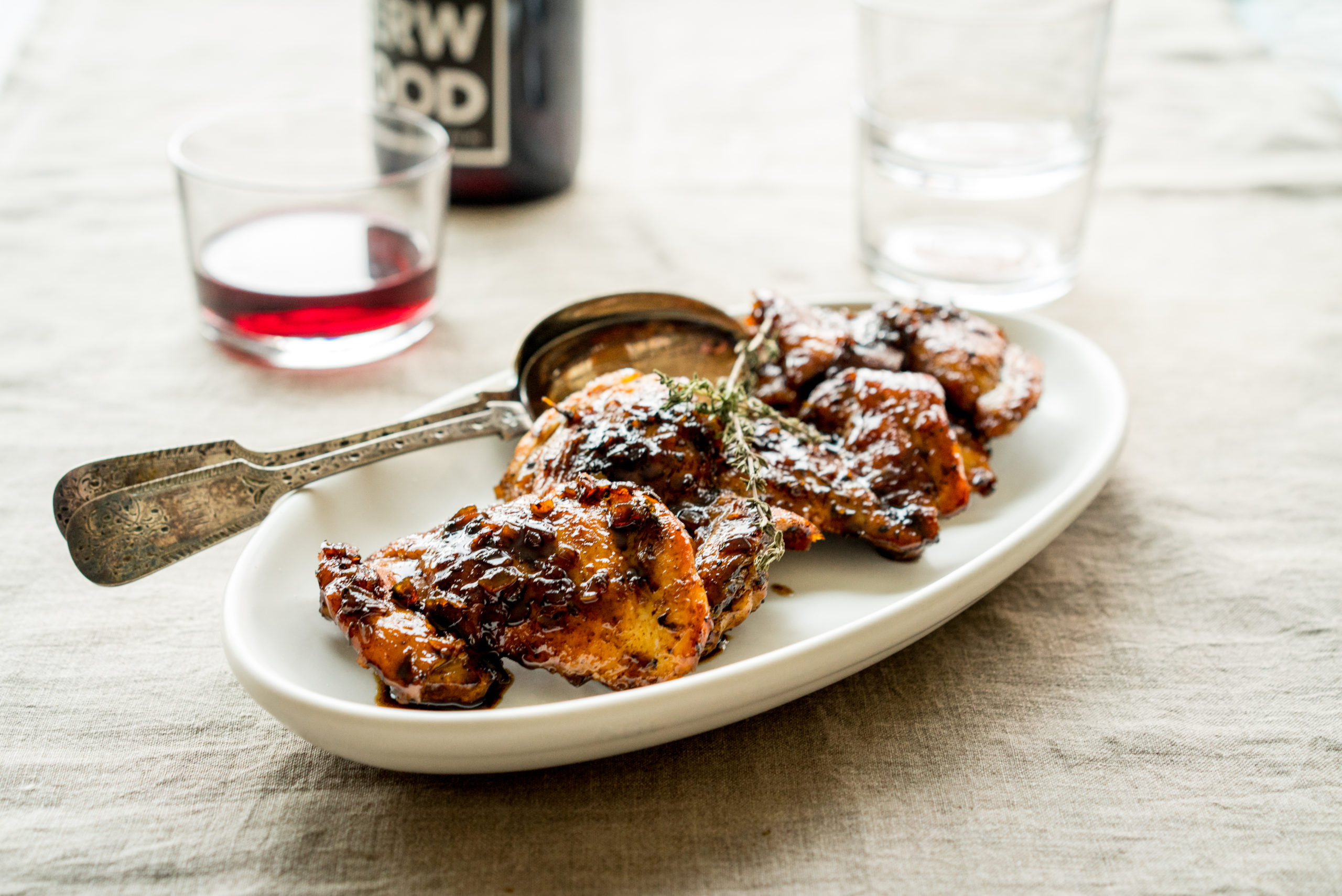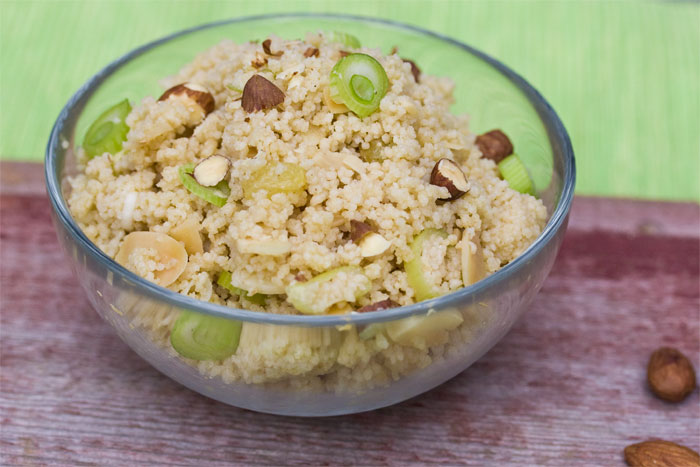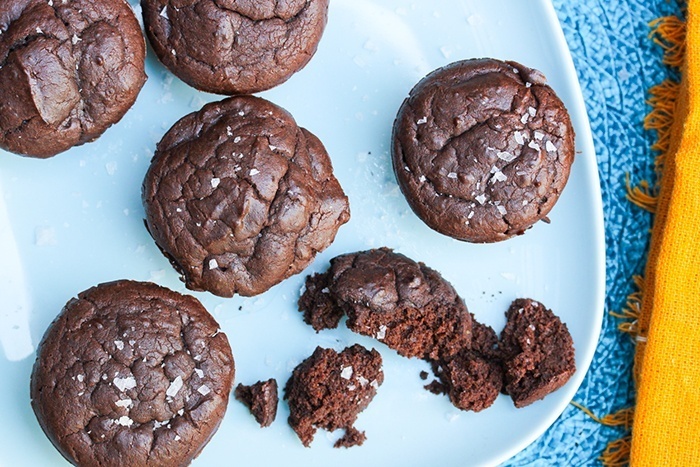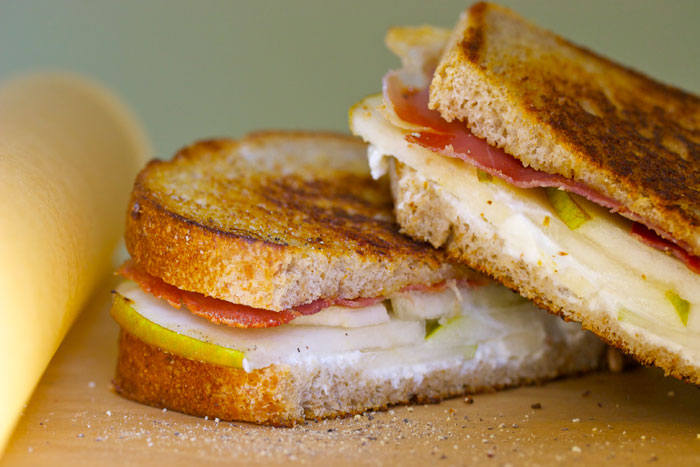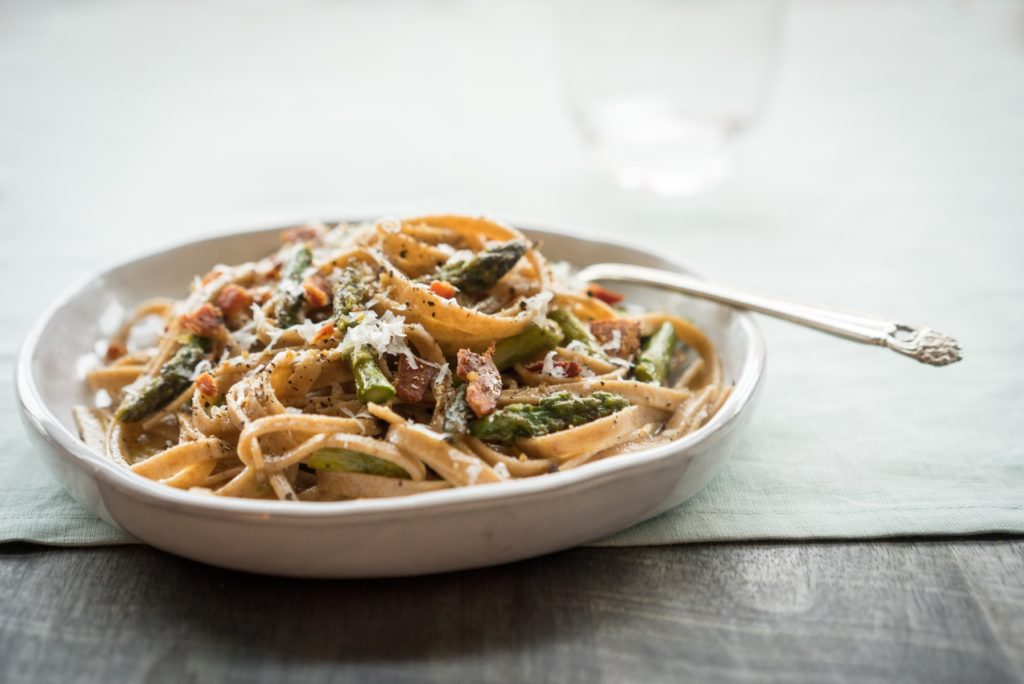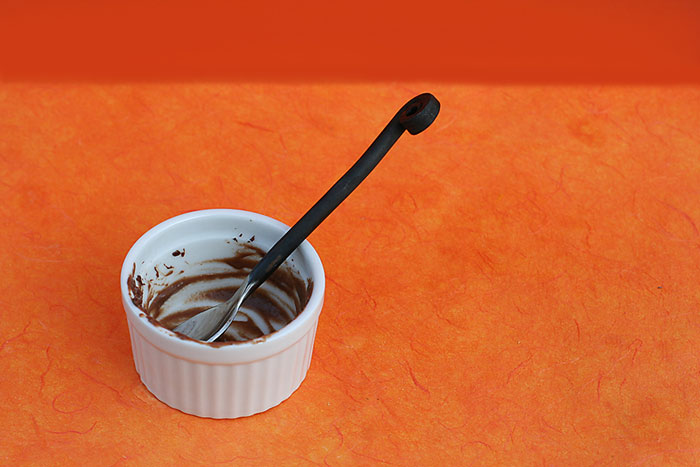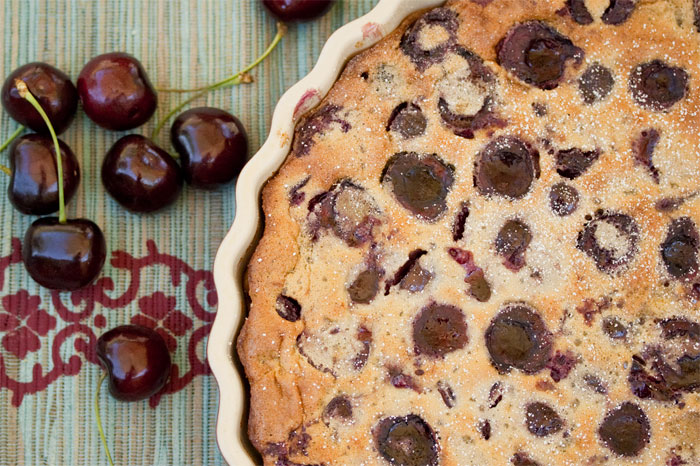This series was inspired by the blockbuster book Eat Pray Love. Like the book’s author Elizabeth Gilbert, we all have our journeys, and we all have our epiphanies along the way. Here are some postcards from mine that led me here. Now. Nourished. This is Part 2 of 3. Click here for Part I: Body.
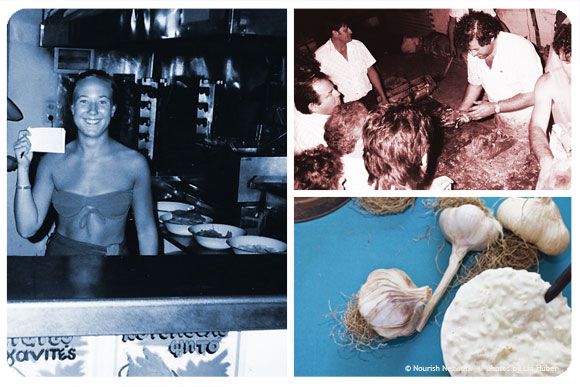 Memories of Greece … and a lingering memento of a rockin' good tzatziki recipe
Memories of Greece … and a lingering memento of a rockin' good tzatziki recipe
Soul
My soulful awakening around food happened during a year abroad in Europe. The reverberations, though, lasted decades.
One would think, when I say that I lived in Paris, that I could credit that country with my first food epiphanies. Not so. While there were many high points during my year at the Sorbonne, food, for the most part, wasn’t involved in most of them. I was a student on a tight budget living on cafeteria food (as uninspiring in France as it was in the U.S.). The impressions that did get through were more observational than participatory. Walking through open markets on the way to class and having my senses rattled awake by pigs heads, spice bins and cheese that smelled like dirty barn stalls. And the relaxed, unselfconscious way people savored coffee or a meal, rather than the obligatory rush I was used to in America.
But it wasn’t until I landed semi-permanently in Greece that my paradigms were really jarred. Friends and I had stopped in Corfu on our summer travels and I (does this sound like a Nora Ephron movie or what?) fell in love. Alexi and his family owned a souvlaki joint a few blocks off the main beach. I ended up living with the family over the summer and working in the restaurant.
One of my first realizations that all food was not created equal was a simple breakfast … What I didn’t get until later was that it was an egg that had been laid by a neighbor’s chicken no more than a few hours earlier and fried in olive oil pressed from their own olives at the local mill.
One of my first realizations that all food was not created equal was a simple breakfast. Mama fried eggs and I literally swooned at first bite, it was so rich and crisp and oozy and delicious. I thought she’d done something to make those eggs taste so incredible, so I blurted, “How did you do this?” To which she responded (with a suspicious glance), “I fried an egg in olive oil.” What I didn’t get until later was that it was an egg that had been laid by a neighbor’s chicken no more than a few hours earlier and fried in olive oil pressed from their own olives at the local mill.
Everything there was simple and real and over-the-top delicious. Wine was fizzy and fresh and kept in an old Coke bottle in the fridge. The olive oil, stored in the ouzo bottle by the stove, was cloudy and pungent. Whole lambs hung flayed by the roadside, waiting to be spit-roasted for one summer festival or another … and I’d actually find myself looking forward to the butcher hacking off a chunk for me. (When I later returned to the States I remember being repulsed by all the Styrofoam packages of meat and chicken. It felt disrespectful to eat meat so removed from what it had been.)
There were guitars and bouzoukis and chortles and cheers and messy fingers and greasy chins. What there wasn't amongst that crowd was guilt or fat gram counting.
But I was also realizing that food did more than just taste good. In Greece, it was the centerpiece to the experience, the glue between people. After work at the souvlaki stand, at midnight or so most nights, we’d gather with Alexi’s friends at someone’s house or restaurant for dinner. There would be platters of lamb or fish stew, always a big salad, hearty bread and feta, and a big bowl of tzatziki. There were guitars and bouzoukis and chortles and cheers and messy fingers and greasy chins. What there wasn't amongst that crowd was guilt or fat gram counting—it was just pure joy.
During that time food took on a language of its own. Alexi’s father, Spiros, had a heart attack while I was there and I was put in charge of caring for him at home. There was a total language barrier. But he took it upon himself to teach me vocabulary by showing me how to cook. I still remember scalding my hands on hot potatoes as we (he) peeled them for skordalia. We pounded them with so much garlic that when I snuck a taste it was like someone had socked me in the nose (Spiros just laughed).
We’d never spoken more than “this is a potato” and “this is a table,” but we’d come to know and trust and love one another during our time in the kitchen, and both of us read it in the others eyes.
When he had a second heart attack and had to be moved to Athens, I sat with him at his bedside as the family conferred in the hallway with the physician. We squeezed each others hands until they were white and stared at each other with tears streaming down our cheeks. We’d never spoken more than “this is a potato” and “this is a table,” but we’d come to know and trust and love one another during our time in the kitchen, and both of us read it in the others eyes.
All of these experiences lay somewhat dormant once I returned to America, still in full-swing fat phobia, until the double-whammy with my own health. As I grasped for ways to heal, something in me went, “Wait … you’ve seen how food can nourish not just your body, but your soul. You know food is about more than just food.”
In Europe, I’d unwittingly discovered a different kind of emotional eating; one that, rather than being a crutch for tuning out, was a tool for connecting and reflecting several times a day.
In America, emotional eating connotes mindless binges—an attempt to soothe, or cover up, hurts rather than face them. In Europe, I’d unwittingly discovered a different kind of emotional eating; one that, rather than being a crutch for tuning out, was a tool for connecting and reflecting several times a day.
The woman nibbling a croissant and sipping a café au lait at a sidewalk café was giving herself the luxury to let her mind wander where it may. The friends gathered over feasts laughed and sang together, yes, but they also comforted, celebrated and encouraged one another during their time around the table. The simple family meals made and shared in love brought sustenance and space for disagreements to be aired and opinions to be shared.
By being soulfully nurtured through food several times a day, people seemed to have less of a need to go overboard and more of a propensity to come away from a meal balanced and content.
As all of this swirled about my psyche during the years of healing, how I ate became as important to me as what I ate, which is why mindfulness plays such a big part in the Nourish message. I discovered that if I was at war with my food—because made me feel fat, or sick, or it tasted awful—then I’d never be truly fed. In the end, as it is with most people, my food journey was more about making peace with food as it was learning what to eat.
Stay Tuned for Part 3: Planet, where I realize that the choices I was making about food not only nourished or depleted my body and soul … but the planet as well.
